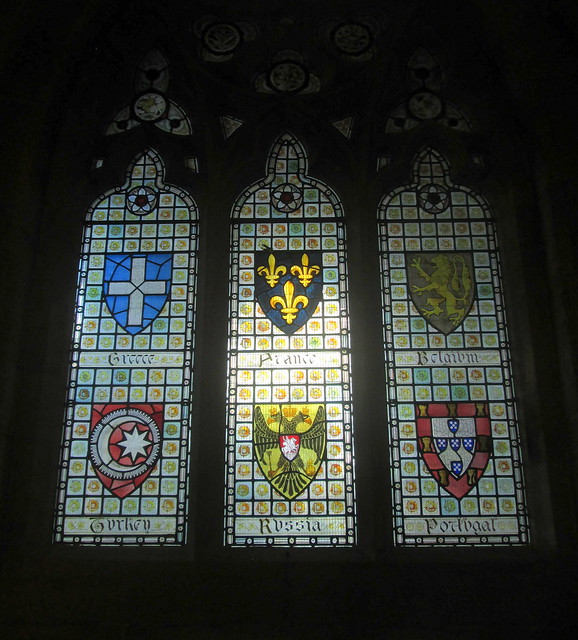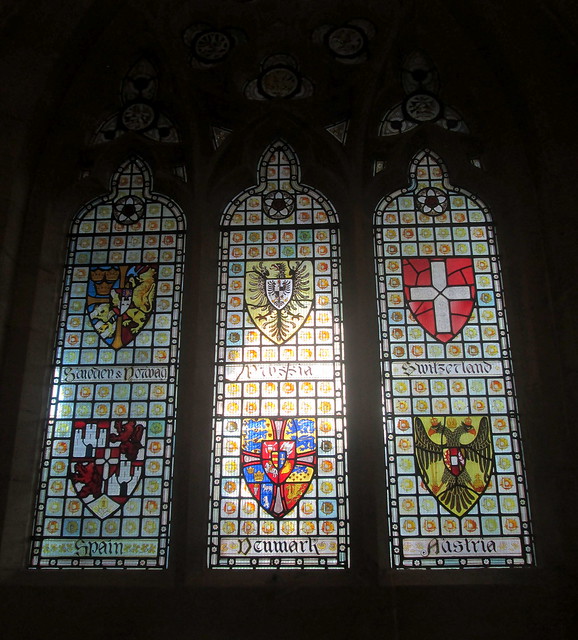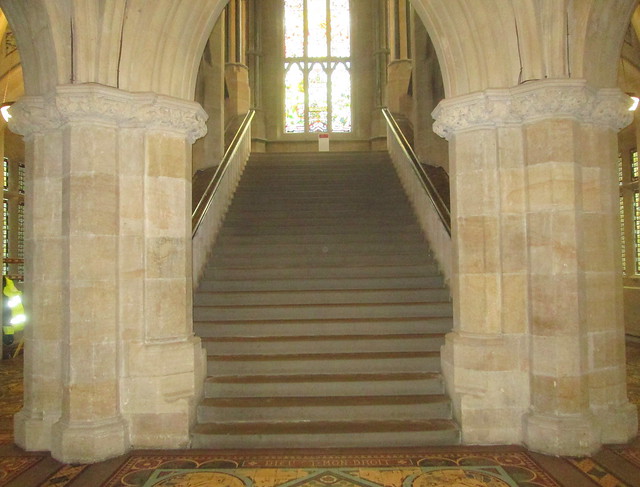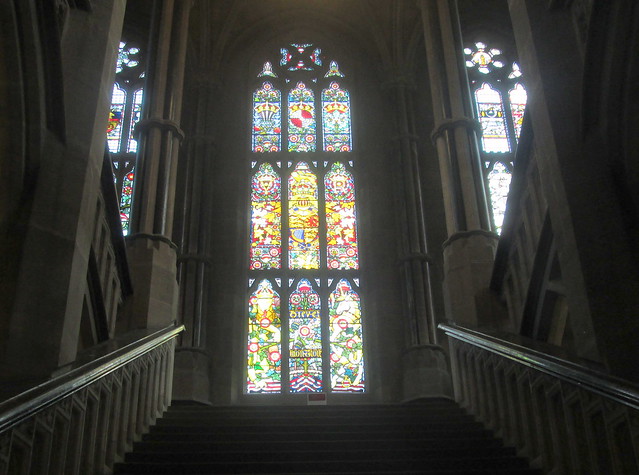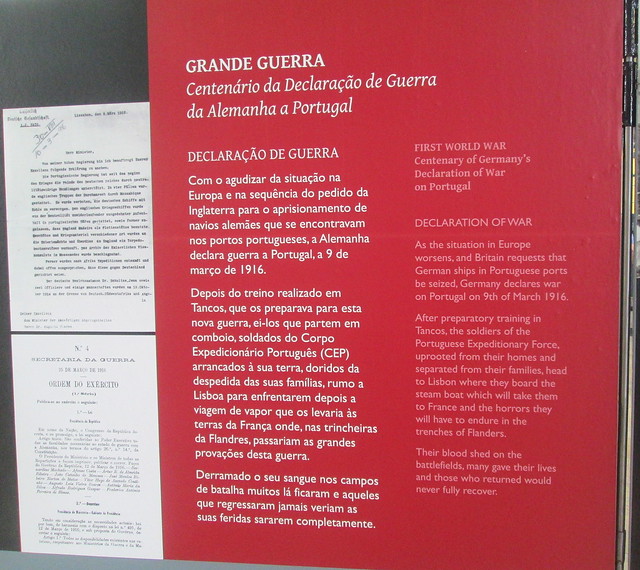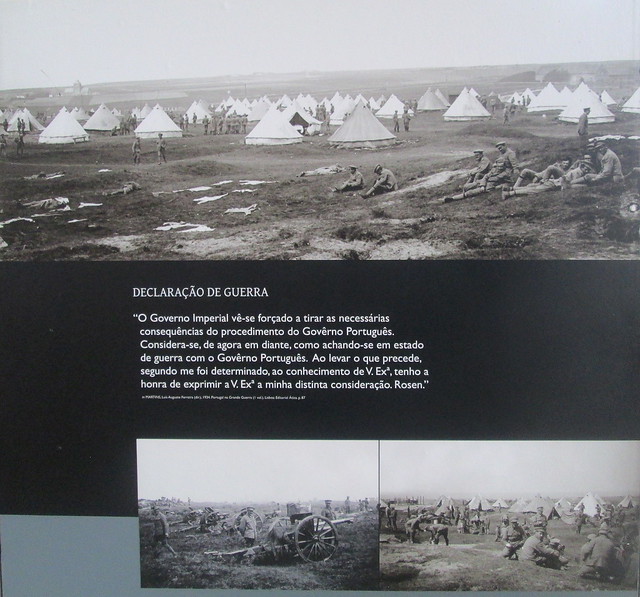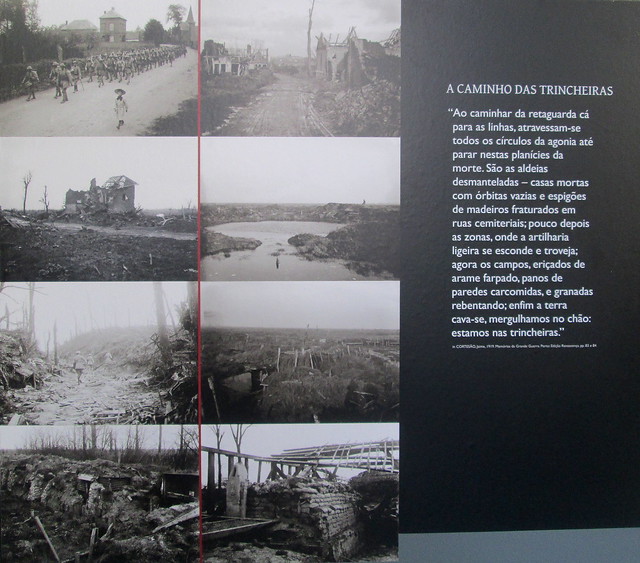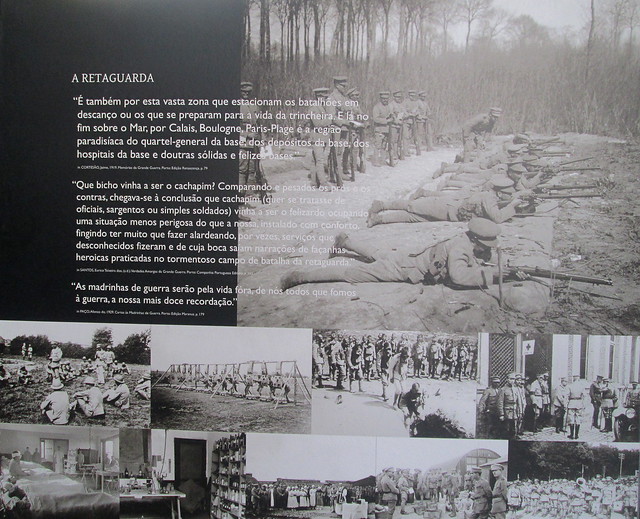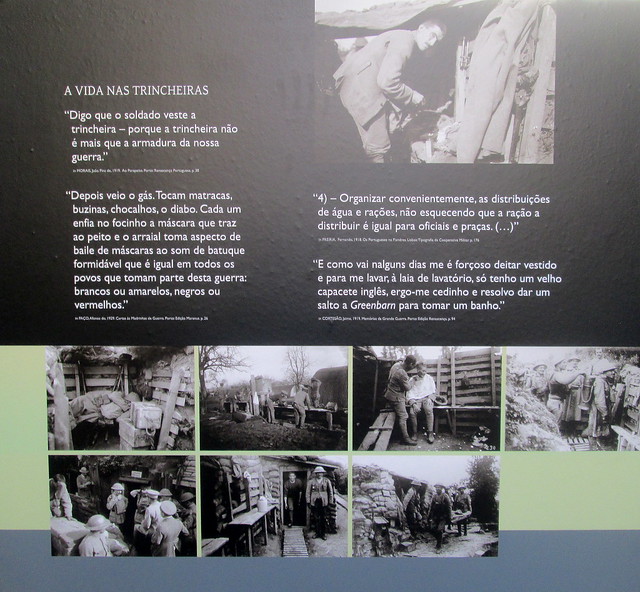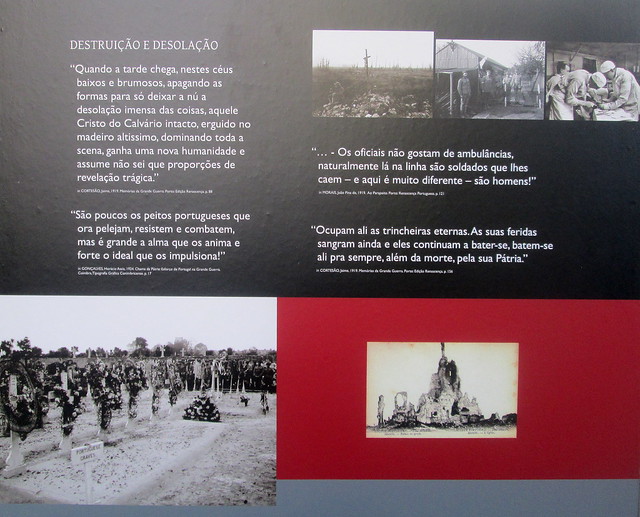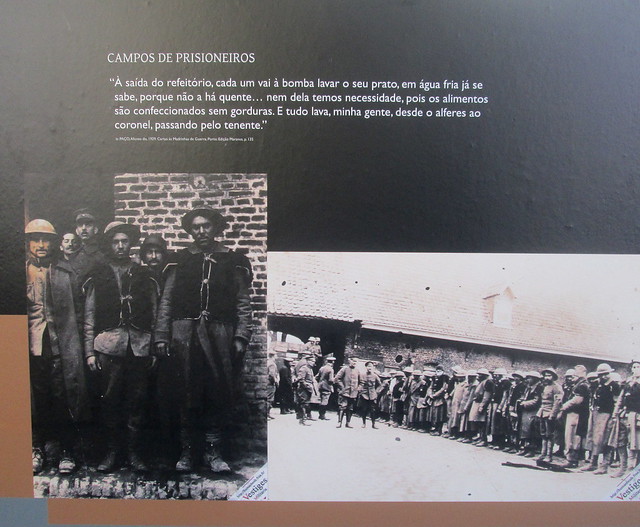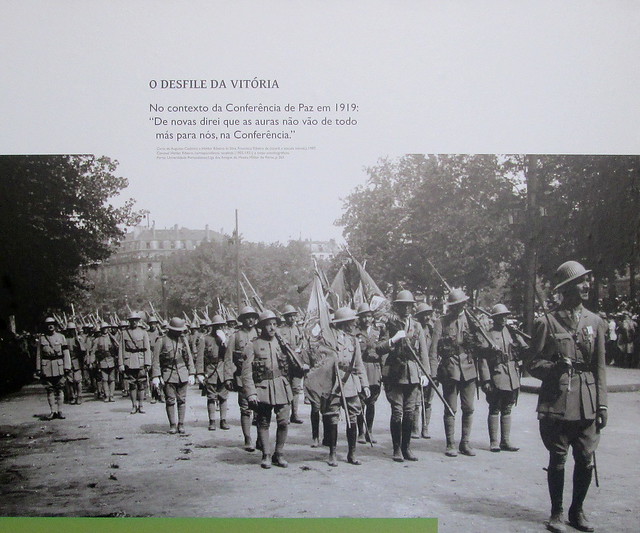Mr Irresponsible, aka Call me Dave, otherwise known as the Prime Minister of the UK, David Cameron Esquire, has a lot of idiocies to his name. But surely the largest of these is his utterly obtuse decision to give in to the bullying of his Conservative cohorts and the threat of UKIP to his voting base by first promising and then granting them a referendum on the UK’s membership of the European Union.
Instead of lancing the boil (he warned his party not to continue to bang on about Europe) his indulgence of their obsession has now unleashed a tide of xenophobia and intolerance, egged on by those who knowingly encourage a false belief that the troubles experienced by various communities up and down the UK are as a result of external forces (the EU,) so-called lack of control (again the EU) or immigrants (supposedly the EU but there are more migrants into the UK from outwith the EU than from inside it – and many Britons living and working in the countries of the EU) rather than the banking crash and the policies his Government has followed ever since its election in 2010. (I know its first five years were in coalition but really it was a Conservative Government in all but name.)
This tide has been growing for years – stoked up by spurious newspaper stories of EU “impositions” and “red tape” and the simplicities of people who claim that the country’s problems have one solution – and has now taken the form of a vicious and intemperate “Vote Leave” campaign which has peddled all sorts of what may be politely called inaccuracies but are in fact downright lies and often strayed close to, if not over, the border of racism.
I know the “Remain” campaign has also given apocalyptic warnings of the consequences of a leave vote, but it has not been whipping up fear of others, nor blatantly arousing expectations which will not (cannot) be fulfilled. Against whom will the anger the “Leave” campaigners have stoked be directed when things do not get better? (Either “in” or “out”, ditching austerity is not on their or David Cameron’s agenda.)
Had I been in any doubt about which way I would vote in Thursday’s referendum the “Vote Leave” television broadcast claiming that the £350 million pounds a week of the UK’s contribution to the EU budget (a large part of which promptly gets sent back anyway) would – in a leave future – be spent on the NHS instead would have made my mind up. These guys have no intention of spending money on the NHS; they want rid of it. They want to privatise everything that moves (and everything that doesn’t.) The worse thing, though, was the highlighting of five Balkan countries said to be on the point of entry into the EU (none of which actually are any time soon) plus Turkey: Turkey! which has been moving ever further away from meeting accession criteria under its present government) and then a series of arrows, leaping, Dad’s Army style, over to Britain. As if every inhabitant of those countries would immediately up sticks and come to the UK as soon as they were given the opportunity. Some may, most will not.
Then there was “Vote Leave”‘s pamphlet – delivered by post – which handily showed Turkey as having borders with Syria and Iraq. Are Syria and Iraq applying for EU membership? I don’t think so. What possible purpose can their inclusion on this map have? (Except to stoke up fears of people from there coming through Turkey – and riding the arrows to Britain.) Well, they’re doing that anyway, as “Leave” well knows and plays on. Yet in their circumstances so would I – and so would every leave campaigner.
The circumstances under which this vote is taking place, the Eurozone under strain, a refugee crisis, a war on Europe’s margins (two if you include Turkey in Europe which geographically part of it is,) render its timing more than unfortunate. It is potentially disastrous.
I really fear that a leave vote will see other countries (but emphatically not those who border Russia) seek to leave the EU. These may even include France if the Front National wins power.
In that case there will certainly be unresolved tensions between France and Germany – and we know where that has led in the past.
What the leave campaigners don’t seem to have grasped, or have deliberately ignored, is that the EU was set up (as the European Coal and Steel Community, then the Common Market) precisely so that France and Germany would never go to war again. That is emphatically in the UK’s national interest, and may be at risk. The writer of this letter to the Guardian knows what is at stake.
Whatever the result on Thursday the passions this referendum seems to have inflamed, at least in England – there has been almost no sign of it taking place at all in the way of posters and window stickers round where I live – will not be stilled easily.






